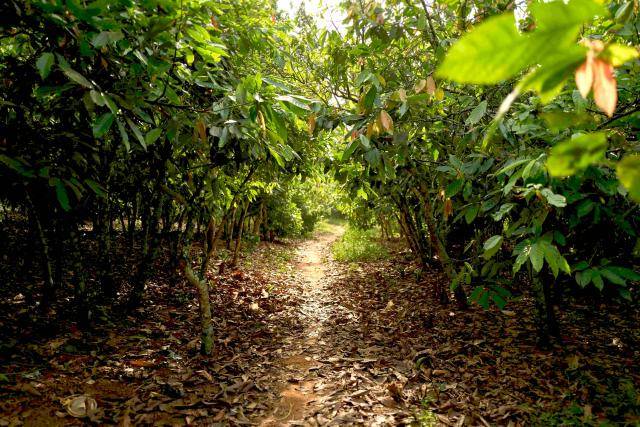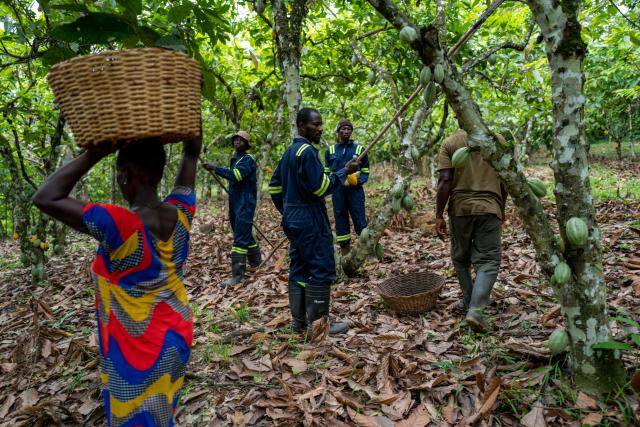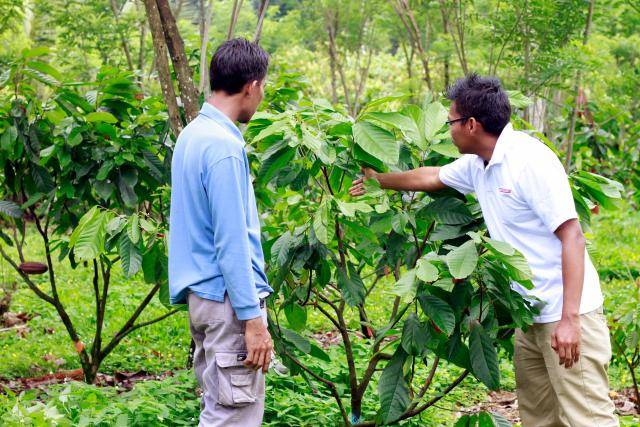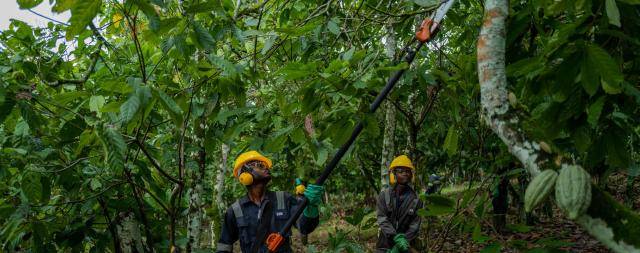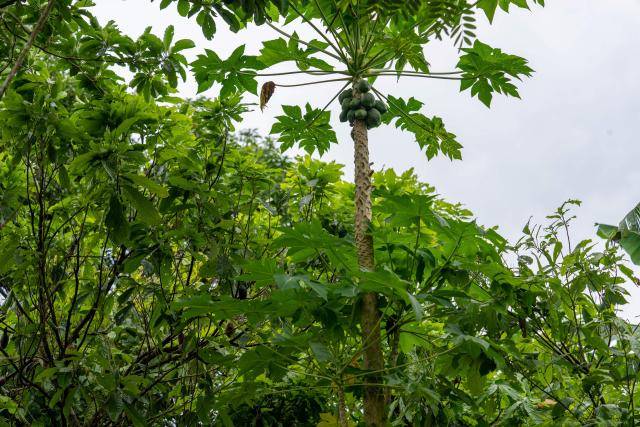Human Rights
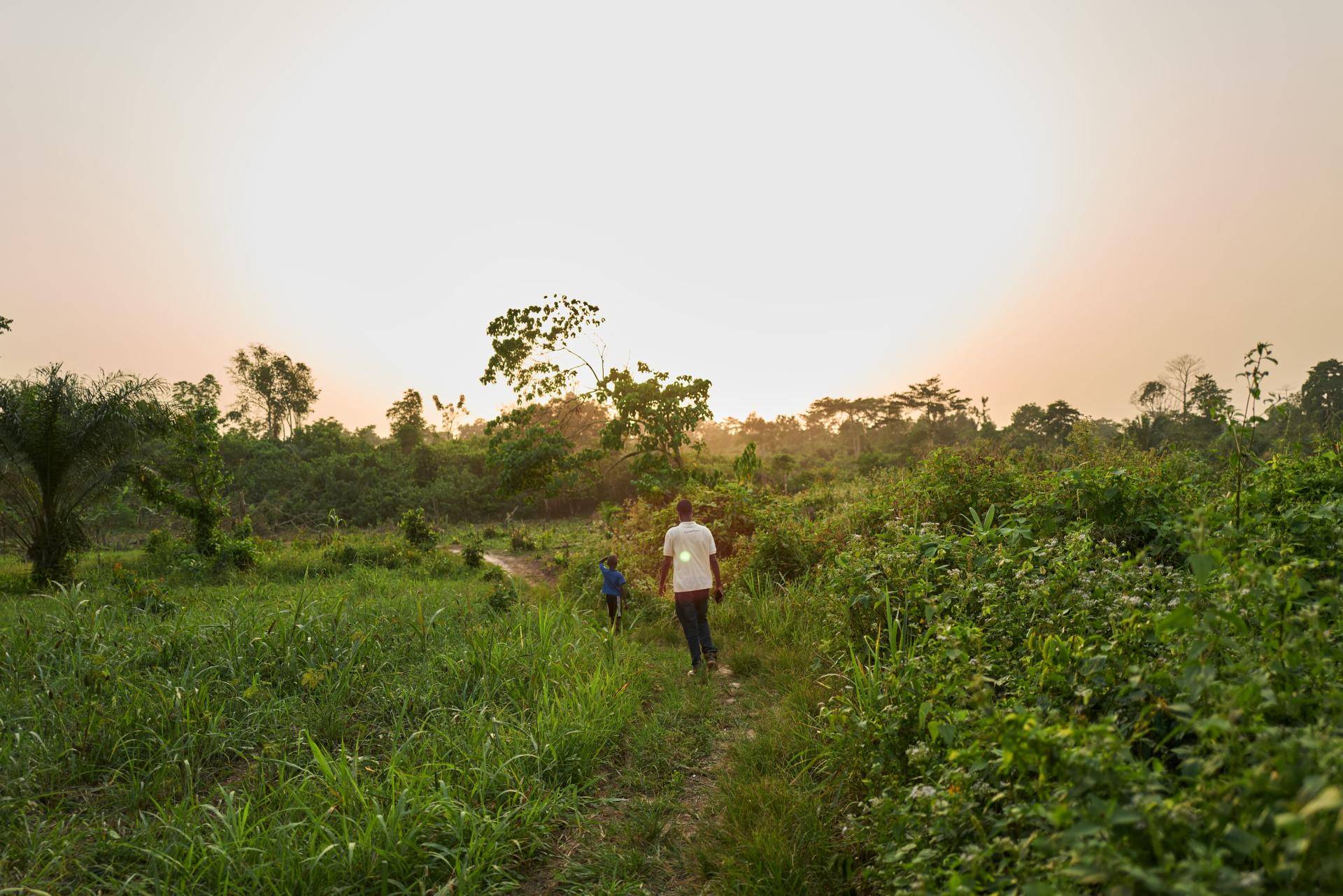
Human Rights
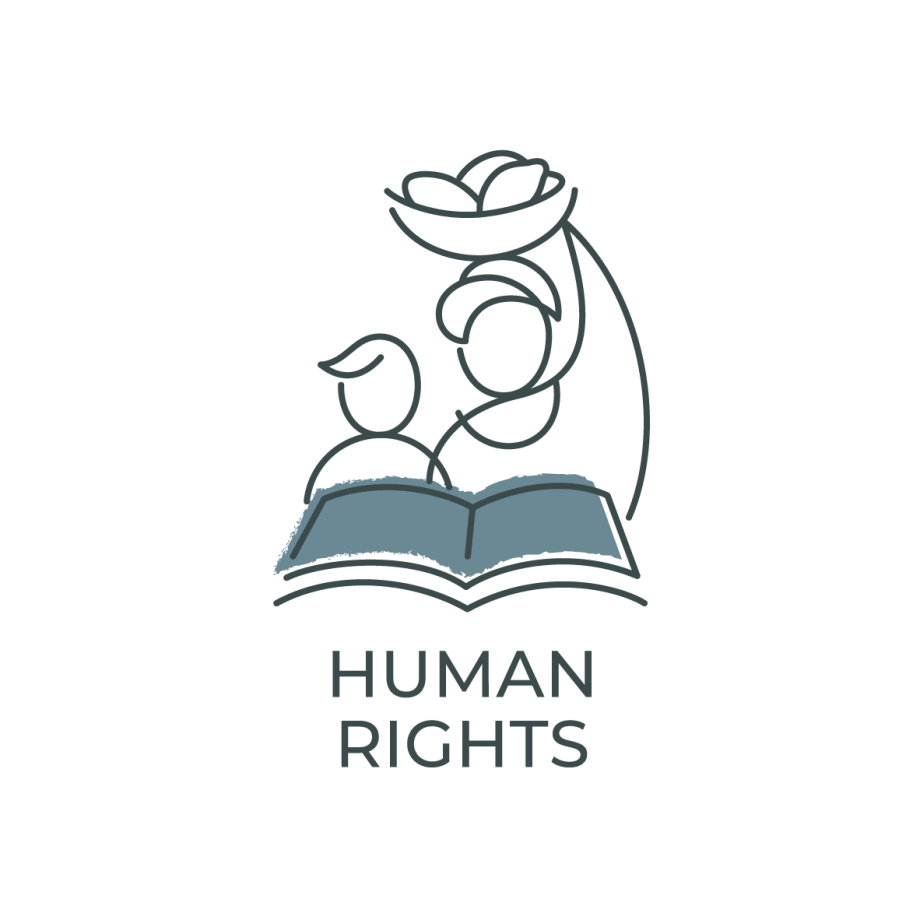
Safeguarding human rights
At the core of Barry Callebaut's culture and values is a respect for human rights, forming an intrinsic part of our commitment to building a sustainable cocoa and other ingredients supply chain to make sustainable chocolate the norm. Our Human Rights Statement describes the various international guidelines we adhere to and our approach and efforts toward safeguarding human rights and ensuring that slavery and human trafficking are not taking place in any part of our business and our supply chain.
Barry Callebaut respects and promotes human rights across our operations and throughout our entire value chain, in line with the United Nations (“UN”) Guiding Principles on Business and Human Rights (“UNGPs”). Our commitments align with the principles set forth in the Universal Declaration of Human Rights, the UN Convention on the Rights of the Child (“CRC”), the African Charter on the Rights and Welfare of the Child. Additionally, we adhere to the OECD Guidelines for Multinational Enterprises. We strictly adhere to local labor laws in our factories and offices around the world. The stricter standard of either International Labor Organization (“ILO”) Convention 138 or local legislation determines our minimum age for employment.
The Human Rights statement describes Barry Callebaut’s approach and efforts in 2023/24 toward safeguarding human rights and ensuring that slavery and human trafficking are not taking place in any part of our business and our supply chain. It is made in accordance with Canada’s Fighting Against Forced Labour and Child Labour in Supply Chains Act 2023 (the “Canadian Act”), the United Kingdom’s Modern Slavery Act 2015 (“UK MSA”) and the California Transparency in Supply Chains Act of 2010. It addresses the period from September 1, 2023 to August 31, 2024. The French version is available via this link.
The statement outlines our organizational structure, supply chain and due diligence processes to identify, prevent and mitigate human rights risks across our operations and supply chains. It highlights our commitment to human rights through comprehensive risk assessments, supplier audits and training, ensuring compliance with legal standards in the UK and California, among others.

Addressing child labor in our supply chain
We source ingredients, especially cocoa, from regions where child labor, defined as work that deprives children of their childhood, their potential and their dignity, and that is harmful to their physical and mental development, is known to occur, for cocoa, mostly on family owned farms. In line with the UN Guiding Principles, we believe that the solution lies not in terminating sourcing activities from these regions, but in assessing, monitoring and addressing the risk of children becoming involved in child labor. Abandoning a region because of the challenges it faces would only worsen its economic and human rights situation. Under our Human Rights pillar we envision that all children are able to embrace opportunities and realize their full potential living in communities that are safe and self-reliant for all.
Systemic change together with all supply chain actors
We believe that human rights issues in our supply chain can be tackled only in collaboration with all stakeholders. We support a system strengthening approach, contributing to existing government structures, and working with multiple stakeholders. Our aim is to make a meaningful impact by promoting partnership, engaging stakeholders and enhancing human rights interventions. One example is our contribution to CLEF (Child Learning and Education Facility), an innovative public-private partnership focused on scaling investments to systematically improve access to quality education in Côte d’Ivoire. Scaling up education is an essential tool to promote children’s rights and combat child labor.
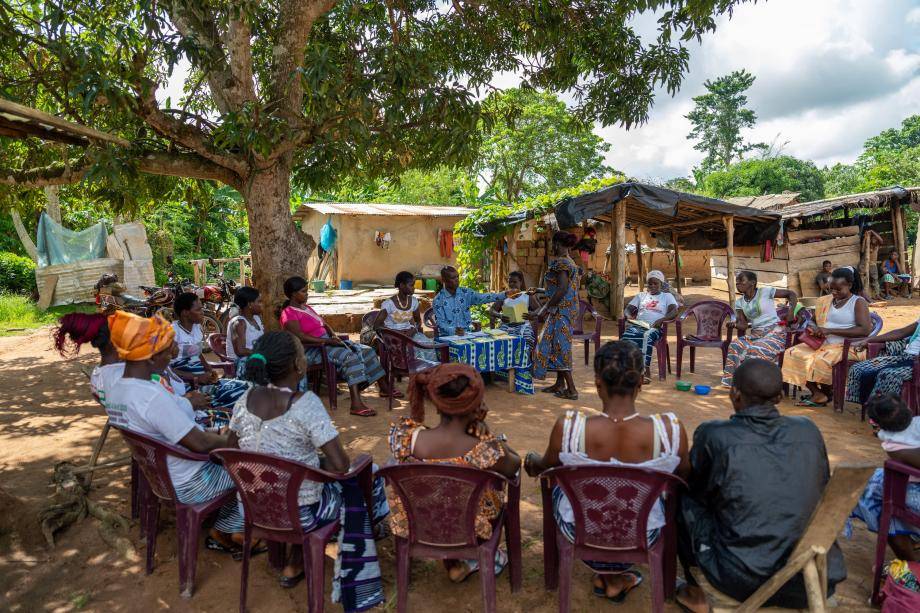
Supporting a strong regulatory framework
At the same time enforcement of a strong regulatory framework to protect human rights in origin countries should be part of a broader effort to strengthen an enabling environment for sustainable cocoa farming. Such an approach would go hand in hand with the proposed EU Directive on Corporate Sustainability Due Diligence (CSDDD). Barry Callebaut supports the CSDDD which can only be fully effective if sector-wide traceability is established and effective systems are set up to identify, prevent, mitigate and remediate adverse effects of business activities on human rights and the environment.
Human rights due diligence
Barry Callebaut applies an overarching human rights due diligence framework modeled after the OECD Due Diligence Guidance for Responsible Business Conduct.
- Policy commitment, governance and management system
Details can be found in our Employee Code of Conduct, as well as our Supplier Code and Global Human Right Statement. - Identifying and assessing human rights impacts
For all ingredients we source, we use Verisk by Maplecroft© as a first human rights risk assessment, which quantifies the salient human rights risk at a country and ingredient level. This is followed by in depth, independent Human Rights Impact Assessments (HRIAs) for all the main cocoa sourcing countries and regions. Based on the results of the HRIAs we prioritize and develop our interventions and engagement with suppliers. - Enhancing trainings
To ensure we put policy into practice, we raise awareness and deliver training to employees, suppliers and cocoa communities in our direct cocoa supply chain. - Supporting our suppliers' due diligence processes
We also expect our suppliers and their employees, agents and subcontractors to share our strict commitment to human rights, particularly the eradication of forced labor and child labor. In the cocoa communities we source our cocoa, we are supporting our suppliers in setting up their due diligence process.
As such, we support the establishment of Human Rights Committees (HRCs) at the farmer group level.
Our progress and measured impact
We report every year on the progress of our time-bound, measurable targets, and these reports are verified by an independent, third-party assurance provider.
